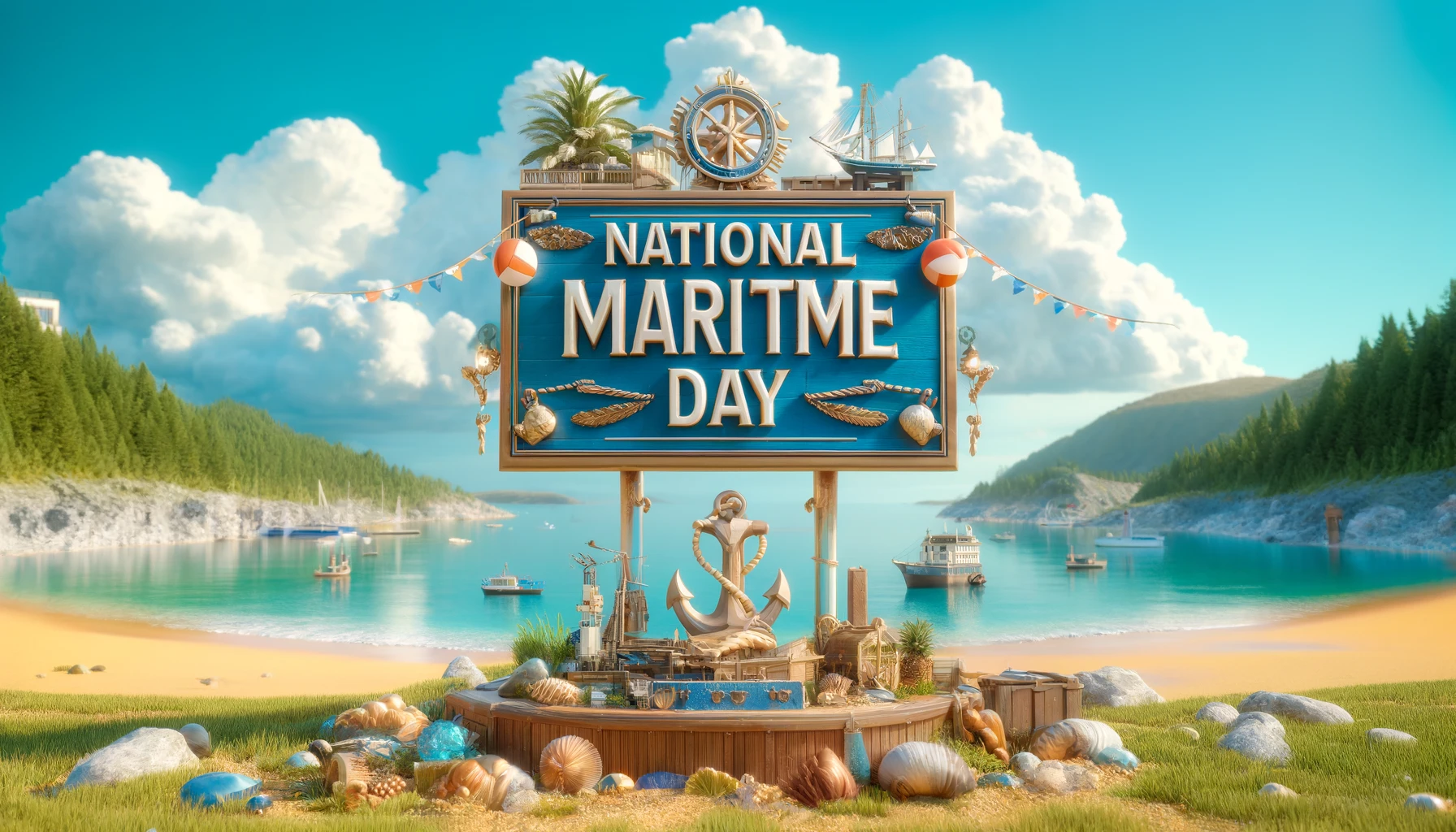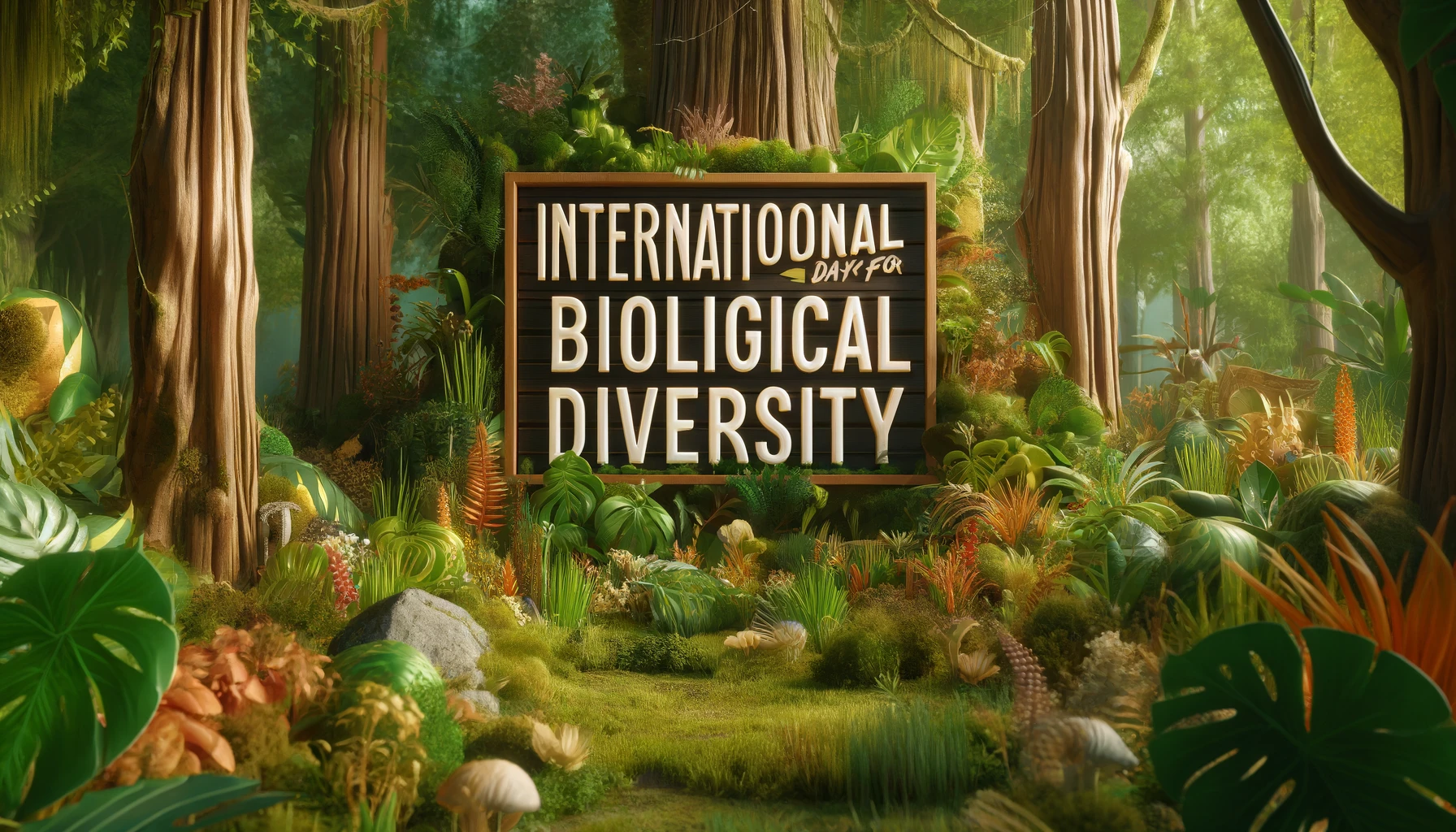National Maritime Day, observed annually on May 22nd, commemorates the crucial role of the maritime industry in our nation’s history and economy. Established in 1933, this day honors the American steamship Savannah’s maiden voyage from the United States to England, marking a significant milestone in maritime history. Celebrations emphasize the vital contributions of maritime workers and the industry’s impact on global commerce.
National Maritime Day serves as a reminder of the maritime industry’s legacy and its ongoing importance in connecting nations, fostering trade, and ensuring security. This day encourages appreciation for the technological advancements and the hard work of those who have dedicated their lives to the sea.
Historical Background: Origins of National Maritime Day
The origins of National Maritime Day date back to the early 20th century. The U.S. Congress established the day in 1933 to commemorate the sailing of the SS Savannah. This pioneering steamship made its transatlantic voyage in 1819, becoming the first steam-powered vessel to cross the Atlantic Ocean. This event marked the beginning of a new era in maritime transportation, significantly impacting global trade and communication.
Early celebrations of National Maritime Day were marked by parades, ceremonies, and public addresses. Prominent figures from the maritime industry and government participated, emphasizing the industry’s importance to the nation’s economic growth and security. These early observances laid the foundation for the comprehensive celebrations seen today.
Economic Contributions: The Maritime Industry’s Role in the Economy
The maritime industry plays a crucial role in the global and national economy. It is the backbone of international trade, with over 90% of the world’s goods transported by sea. The industry encompasses various sectors, including shipping, fishing, shipbuilding, and port operations, each contributing significantly to economic growth and job creation.
In the United States, the maritime industry supports millions of jobs and generates billions in economic activity. Ports serve as vital hubs for importing and exporting goods, fueling regional economies and creating employment opportunities. The industry’s contributions extend beyond economics, enhancing national security by maintaining a robust merchant marine.
Technological Advancements: Innovations in Maritime Technology
Technological advancements have transformed the maritime industry, enhancing safety, efficiency, and environmental sustainability. Innovations such as advanced navigation systems, autonomous vessels, and green technologies have revolutionized maritime operations. These technologies reduce the risk of accidents, lower operational costs, and minimize environmental impact.
Green technology, in particular, has gained prominence as the industry seeks to reduce its carbon footprint. Initiatives such as cleaner fuels, energy-efficient ship designs, and waste reduction practices are becoming standard, reflecting the industry’s commitment to sustainability. These advancements ensure that the maritime sector continues to thrive while protecting the environment.
National Events and Programs: Celebrations Across the Nation
National Maritime Day is celebrated with various events and programs nationwide. These include maritime parades, ship tours, educational workshops, and public ceremonies. Maritime organizations, government agencies, and local communities come together to honor the industry’s contributions and promote maritime heritage.
Events such as open days at ports, maritime museum exhibitions, and educational seminars offer the public a chance to learn about the maritime industry’s history and its future. These activities foster a deeper understanding and appreciation of the maritime sector’s role in daily life and global commerce.
Local Community Involvement: Grassroots Celebrations and Education
Local communities play a significant role in National Maritime Day celebrations. Community-led events, such as beach cleanups, maritime festivals, and school programs, engage residents and raise awareness about maritime issues. Schools often participate by organizing educational activities, such as maritime history lessons and art competitions.
These local efforts highlight the community’s connection to the maritime industry and inspire the next generation to explore careers in this vital field. By involving the public, these activities ensure that the legacy of National Maritime Day continues to thrive at the grassroots level.
Current Challenges: Issues Facing the Maritime Industry Today
The maritime industry faces several challenges, including environmental concerns, piracy, and economic instability. Environmental issues, such as marine pollution and climate change, pose significant threats to maritime operations. The industry must continually adapt to stricter regulations and develop sustainable practices to mitigate these impacts.
Piracy remains a persistent threat, particularly in regions like the Gulf of Aden and the Strait of Malacca. Ensuring the safety of maritime workers and cargo requires international cooperation and robust security measures. Additionally, economic fluctuations affect shipping demand and profitability, necessitating strategic planning and resilience.
Future of Maritime Industry: Predictions and Plans for the Future
The future of the maritime industry looks promising, with emerging technologies poised to revolutionize operations. Autonomous ships, blockchain technology for logistics, and advanced data analytics are set to enhance efficiency and transparency. These innovations promise to streamline supply chains, reduce costs, and improve safety.
Sustainability will continue to be a major focus, with the industry adopting greener practices to combat climate change. The International Maritime Organization (IMO) aims to reduce greenhouse gas emissions from shipping by at least 50% by 2050. Achieving this goal will require significant investment in research and development of sustainable technologies.
How Individuals Can Participate: Engaging in National Maritime Day
Individuals can actively participate in National Maritime Day by attending local events, volunteering for maritime organizations, or supporting maritime museums and educational programs. Simple actions, such as learning about maritime history and sharing information on social media, can raise awareness and appreciation for the industry.
Volunteer opportunities are plentiful, from beach cleanups to educational outreach programs. Engaging in these activities not only supports the maritime industry but also fosters a sense of community and environmental stewardship.
Importance of Public Awareness: The Role of Public Engagement
Public awareness is crucial for the continued support and development of the maritime industry. Increased public engagement can lead to better policy decisions, greater investment in maritime infrastructure, and enhanced environmental protection. Educating the public about the industry’s contributions and challenges ensures a well-informed and supportive populace.
By celebrating National Maritime Day, individuals and communities contribute to a greater understanding and appreciation of the maritime sector. This collective effort helps sustain the industry’s legacy and promotes its future growth and sustainability.
Conclusion: Reflecting on National Maritime Day
National Maritime Day is a vital observance that highlights the maritime industry’s significant contributions to our economy, security, and way of life. Recognizing the industry’s historical achievements and future potential encourages ongoing support and innovation.
As we celebrate this day, let us remember the importance of the maritime industry and the hard work of those who ensure its continued success. By participating in National Maritime Day activities and increasing public awareness, we can help secure a prosperous future for this essential sector.
10 Interesting Facts About National Maritime Day:
- National Maritime Day was established by the U.S. Congress in 1933 to honor the SS Savannah’s first successful transatlantic voyage.
- The SS Savannah, celebrated on National Maritime Day, was the first steamship to cross the Atlantic Ocean in 1819.
- National Maritime Day highlights the vital role of the U.S. Merchant Marine in supporting economic growth and national security.
- The maritime industry is responsible for transporting over 90% of the world’s goods, making it crucial for global trade.
- National Maritime Day events often include parades, ship tours, and educational activities to engage the public.
- Modern celebrations of National Maritime Day emphasize environmental sustainability and technological advancements in the industry.
- The maritime industry supports millions of jobs in the United States and generates billions of dollars in economic activity annually.
- Technological innovations like autonomous ships and green technologies are transforming the maritime sector, improving safety and efficiency.
- Local communities across the U.S. participate in National Maritime Day through activities like beach cleanups and maritime festivals.
- The International Maritime Organization aims to reduce greenhouse gas emissions from shipping by at least 50% by 2050, highlighting the industry’s commitment to sustainability.












A wonderful celebration of our maritime heritage on National Maritime Day!
Maritime history celebration ⚓
Good read!
Celebrating maritime heritage is so important. This article does a great job of highlighting that.
National Maritime Day is a great celebration. This piece captures the importance of honoring our maritime heritage and future. Thanks for the informative read!
The page about National Maritime Day is very informative and engaging. It offers a detailed look at the history and significance of the day, along with some interesting facts and traditions. The information is well-organized and easy to read, making it a pleasure to navigate. This site is a fantastic resource for anyone wanting to learn more about National Maritime Day.